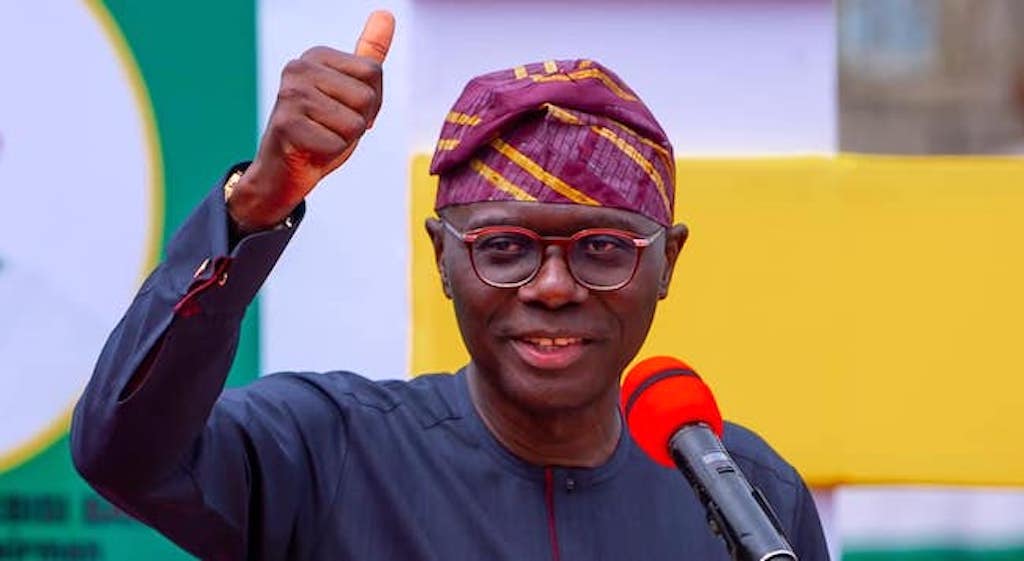On Wednesday, Lagos State Governor, Babajide Sanwo-Olu, denied allegations that there is animosity between the state executive branch and the state House of Assembly.
The governor said he was aware of some of the emotions that followed the lawmakers’ initial rejection of some nominees while speaking at the swearing-in ceremony for 37 new commissioners and special advisers in Ikeja.
The House rejected 17 commissioner nominees on August 23 while confirming 22 others.
The confirmation followed a thorough screening of the nominees by an ad hoc committee headed by the Chief Whip of the House, Fatai Mojeed, who presided over the day’s sitting, according to Mudashiru Obasa, Speaker of the House, who presided over the proceedings.
On September 7, the lawmakers also rejected two of the governor’s commissioner nominees. However, the house approved 15 of the 18 commissioner nominees that Governor Sanwo-Olu sent in the second batch.
The governor claimed that a week after the rejection, the action once more compelled him to submit a revised list of candidates for consideration.
“Let me go further to say that I am not unaware of the feelings in some quarters that the initial rejection of some nominees by the Lagos State House of Assembly, necessitating the submission of a revised list of nominees, signified a call to arms between the Executive and the Legislature. I reject such feelings in totality,” he said.
“Were the Executive designed to be omnipotent and omniscient, the very important oversight function of the Legislature will be needless.”
The governor praised the state House of Assembly for a job well done during the approximately four-week long screening process for nominees.
Additionally, he urged the new cabinet members to do their best work and always ensure that it reflects excellence by guiding the populace.








More Stories
Teenager in viral photo of Obi’s 2023 presidential campaign rally, Alabi Quadri languishes in jail
Ribadu tells families of kidnapped victims not to pay any ransom
Ndume tackles Tinubu over massive borrowings, lists ‘spurious’ items